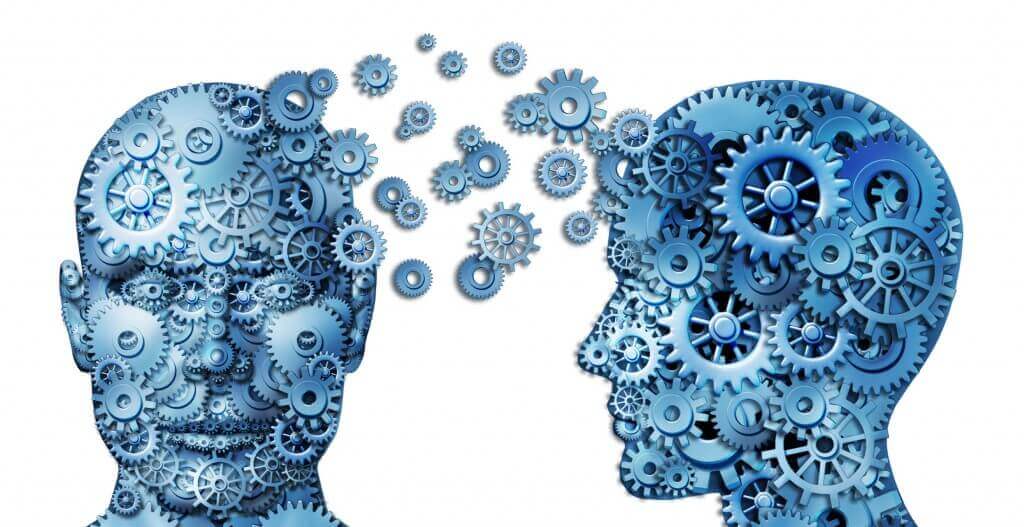
The overreliance of legacy technology solutions and the lack of data integration are possibly the single biggest constraints on the hotel sector today. The reasons for this are deep-seated in the history of hotel technology. Most hotel operations have built up their technical systems and applications piecemeal over the years. As a consequence the teams that were created to support them looked at things from a narrow viewpoint. These organisational silos limited data exchange between teams, and that has evolved into limited data exchange between technology systems. In order to drive revenue, hotels need to drive technological advancements in two ways:
- Predictive Data Analytics – To better understand the market demands and customer needs in order to optimise on revenue through an Open Pricing strategy, ultimately culminating in personalised prices.
- Machine Augmentation and Learning – To remove friction from the guest experience by replacing redundant human interventions with automated processes, allowing hotel staff to engage with the guests only in ways that truly enhance their stay.
However, their technological inefficiencies and organisational habits make it very difficult for hotels to break free. Things are changing, and hotel companies are seeing the benefits of using best-of-breed, cloud-based technology solutions that don’t require a huge capital investment and can be replaced relatively easily. However, there is still a large level of fragmentation between the various technologies they are now employing. This is holding back the access to and analysis of customer data.
At the other end of the technology spectrum sit the online travel agents (OTAs). They occupy a walled garden environment where they have all of the data that they need in one place and organise themselves around analyzing that data to build the complete picture of online guest interaction in order to see the business opportunities.
Guest-Led Data
Hotels do have two advantages over the technology giants – they have first-hand experience with the guest and complete knowledge of their inventory. From these they can reap valuable data insights, provided the right technology systems are in place.
By combining the information they gain through hardware and supplementing it with the softer data that comes from having the guest in-house, hotels can create a richer, more granular data pool.
Technological advancement, such as the Internet of Things (where hardware meets software), provides data insights into guest behaviour, likes and dislikes. Hotels can track what their guests do and where they spend. This is a huge data source that the OTAs and others don’t have. By capturing that and using it when the guest comes to engage with the hotel online you can present something more relevant, appropriate and more unexpected, and that’s where the hotels can start clawing back some of the imbalance of the relationship.
OTAs recognise this and they are investing in booking engines, property management systems and revenue management systems. They are trying to extend their reach with the guest beyond the “search and buy” process and understand more of what is happening on property. It would be a huge mistake for hotels to let that happen because then they are conceding the last valuable asset they have. If OTAs can understand guest spend and behaviour on property, then they will own demand generation.
Linking Data
Hotels need to link all the disparate pieces of data they hold on a guest and their properties. Thankfully, technological innovations such as the cloud make this easier than ever before.




